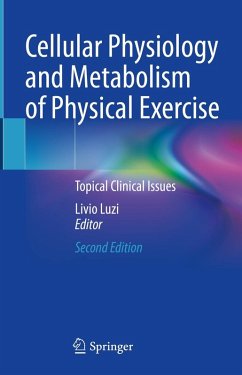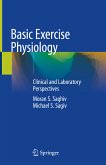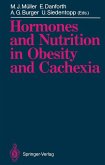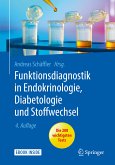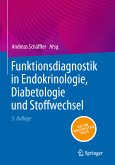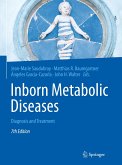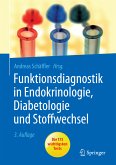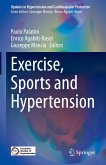This new edition discusses classical aspects of cellular physiology and the metabolism of physical exercise, as well as novel topics like exercise in transplantation and exercise in beta-cell failure, which mark the frontiers of research in sport-related sciences and research. The team of authors together with the editor are world-renowned experts in the field of physiology and metabolism applied to sport sciences. In order to make the book answering also to current pandemic clinical issue, this second edition includes new chapters, specifically dealing with COVID-related issues.
Exercise physiologists, biologists and physicians will benefit from this book. However, the comprehensive nature of the content makes this publication suitable also for university classes of graduate and undergraduate student.
Dieser Download kann aus rechtlichen Gründen nur mit Rechnungsadresse in A, B, BG, CY, CZ, D, DK, EW, E, FIN, F, GR, HR, H, IRL, I, LT, L, LR, M, NL, PL, P, R, S, SLO, SK ausgeliefert werden.

